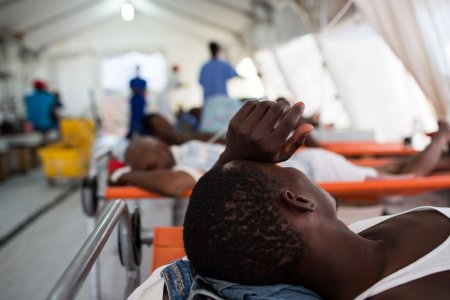 Thomas Freteur
Opinion
Thomas Freteur
Opinion
The plague and cholera
09/10/2013Three years after it occurred, Haiti's cholera epidemic is still in the news.
 Thomas Freteur
Opinion
Thomas Freteur
Opinion
Three years after it occurred, Haiti's cholera epidemic is still in the news.
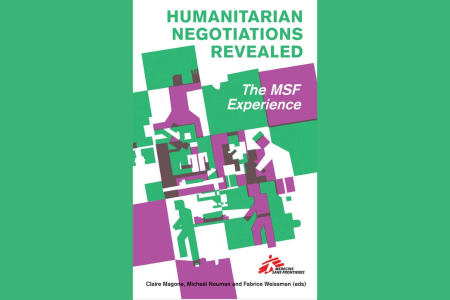 Book
Book
From international NGOs to UN agencies, from donors to observers of humanitarianism, opinion is unanimous: in a context of the alleged ‘clash of civilisations’, our ‘humanitarian space’ is shrinking.
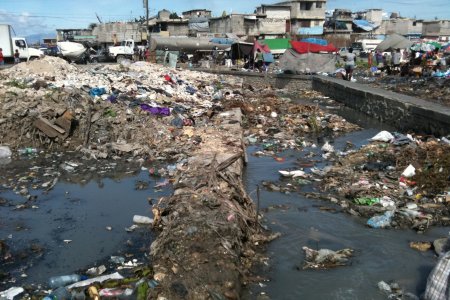 Aurelie Baumel
Opinion
Aurelie Baumel
Opinion
Two scientific studies published last year confirmed the origin of the cholera epidemic that struck Haiti in October 2010. It was indeed caused by massive amounts of the bacterium Vibrio cholerae in the Artibonite river delta, originating from the sewage in the Minustah soldiers' camp.
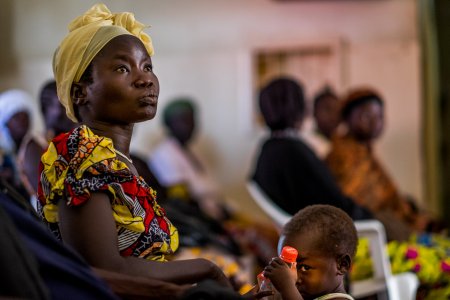 Isabel Corthier
Cahier
Isabel Corthier
Cahier
It seemed appropriate to assemble these texts now, at a time when the history of our AIDS missions is compelling us to formulate new goals.
From international NGOs to UN agencies, from donors to observers of humanitarianism, opinion is unanimous: in a context of the alleged ‘clash of civilisations', our ‘humanitarian space' is shrinking.
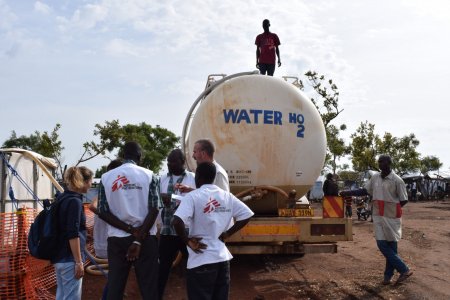 Charlotte Morris
Cahier
Charlotte Morris
Cahier
Four hepatitis E epidemics have occurred in the areas in which we operate since 2000, prompting a reflection on the quality of the water produced and distributed to their populations by humanitarian organisations.
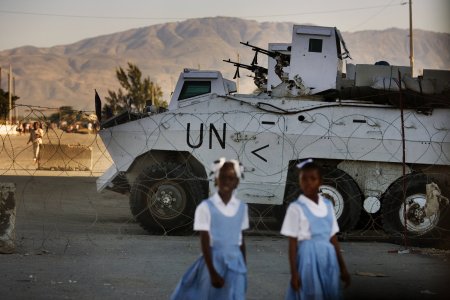 Pep Bonet
Opinion
Pep Bonet
Opinion
One year after the earthquake in Port-au-Prince, a number of observers and actors are questioning the international aid : reconstruction is at a standstill, homeless people are still facing the same situation and the deadly cholera epidemic reminds us that international aid has not helped to improve the very poor sanitation system.
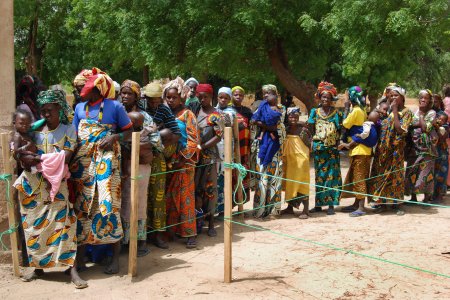 Karine Klein
Analysis
Karine Klein
Analysis
Using Niger as an example, this text seeks to explore the dilemmas involved in medical responses to child malnutrition when such malnutrition is endemic (strong, permanent presence) and gives rise to seasonal peaks (epidemics) each year.
The earthquake that devastated Port-au-Prince and neighboring areas has led to a worldwide surge of solidarity which we must fully appreciate because no country could face such a disaster on this scale alone.
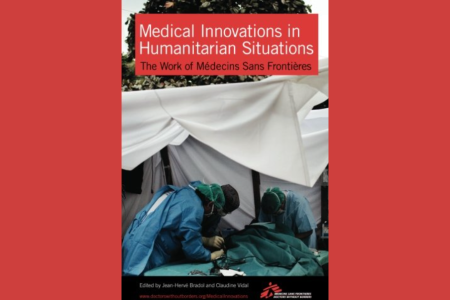 MSF-Crash
Book
MSF-Crash
Book
Medical Innovations in Humanitarian Situations explores how the particular style of humanitarian action practiced by MSF has stayed in line with the standards in scientifically advanced countries while also leading to significant improvements in the medical care delivered to people in crisis.
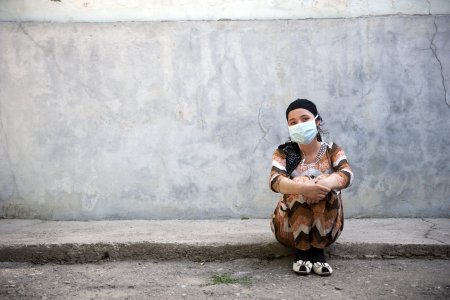 Wendy Marijnissen
Opinion
Wendy Marijnissen
Opinion
Rony Brauman questions the link between public health decisions and the right to health care.
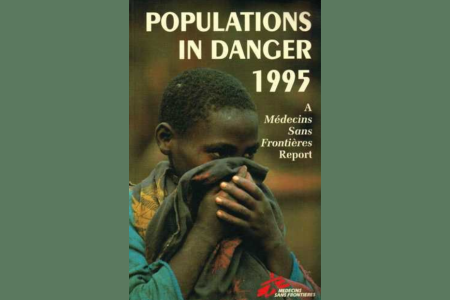 Book
Book
« Never again »: in the wake of the second World War, the terror caused by the Holocaust led the community of states to condemn genocide as a crime and to create a new international organization, the United Nations. And yet, half a century later, the international community did nothing to prevent the first undeniable genocide since that of the Jews: it let the massacre of the Rwandan Tutsis and merely sent humanitarian aid, even though it was nearly over.